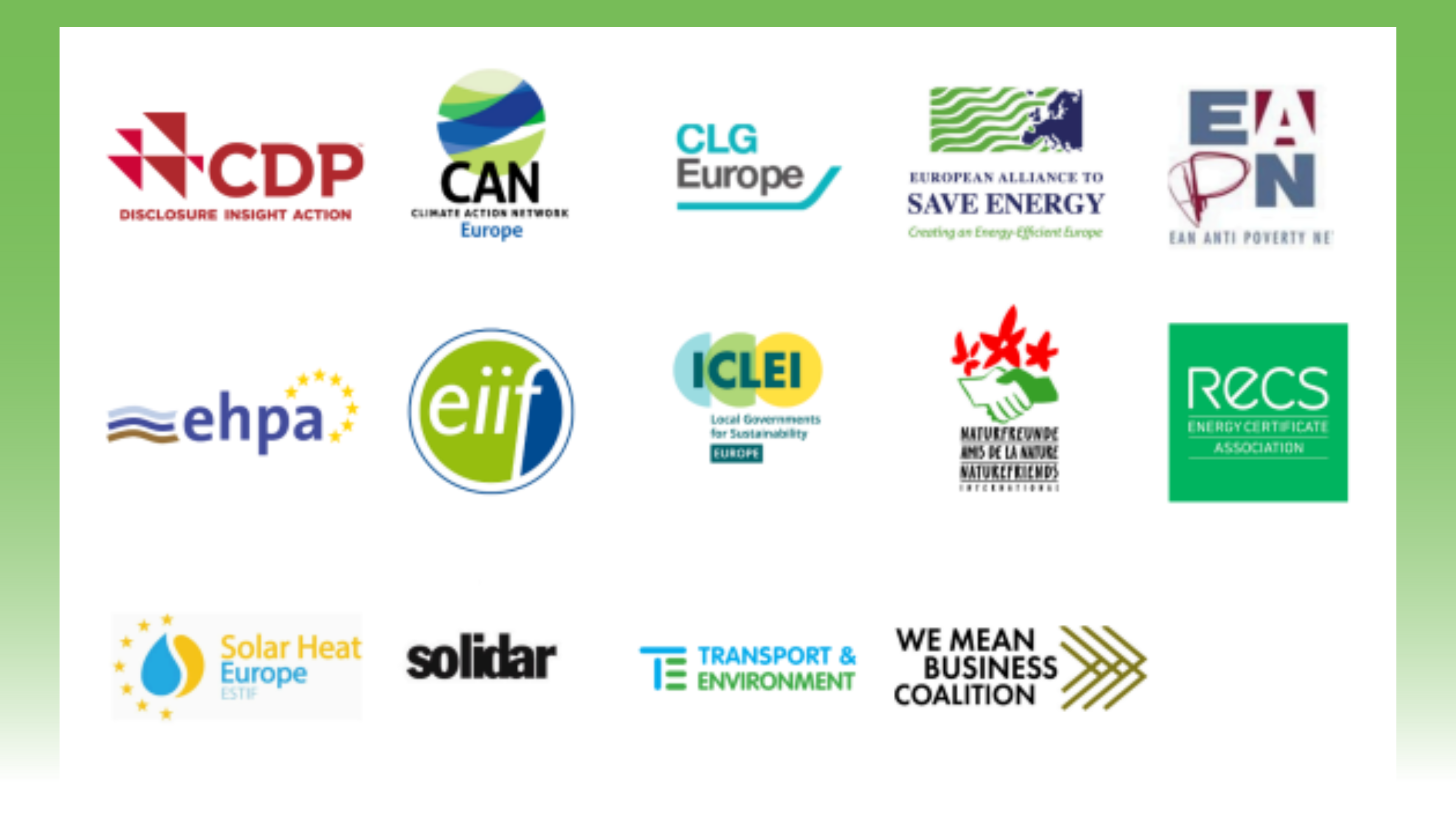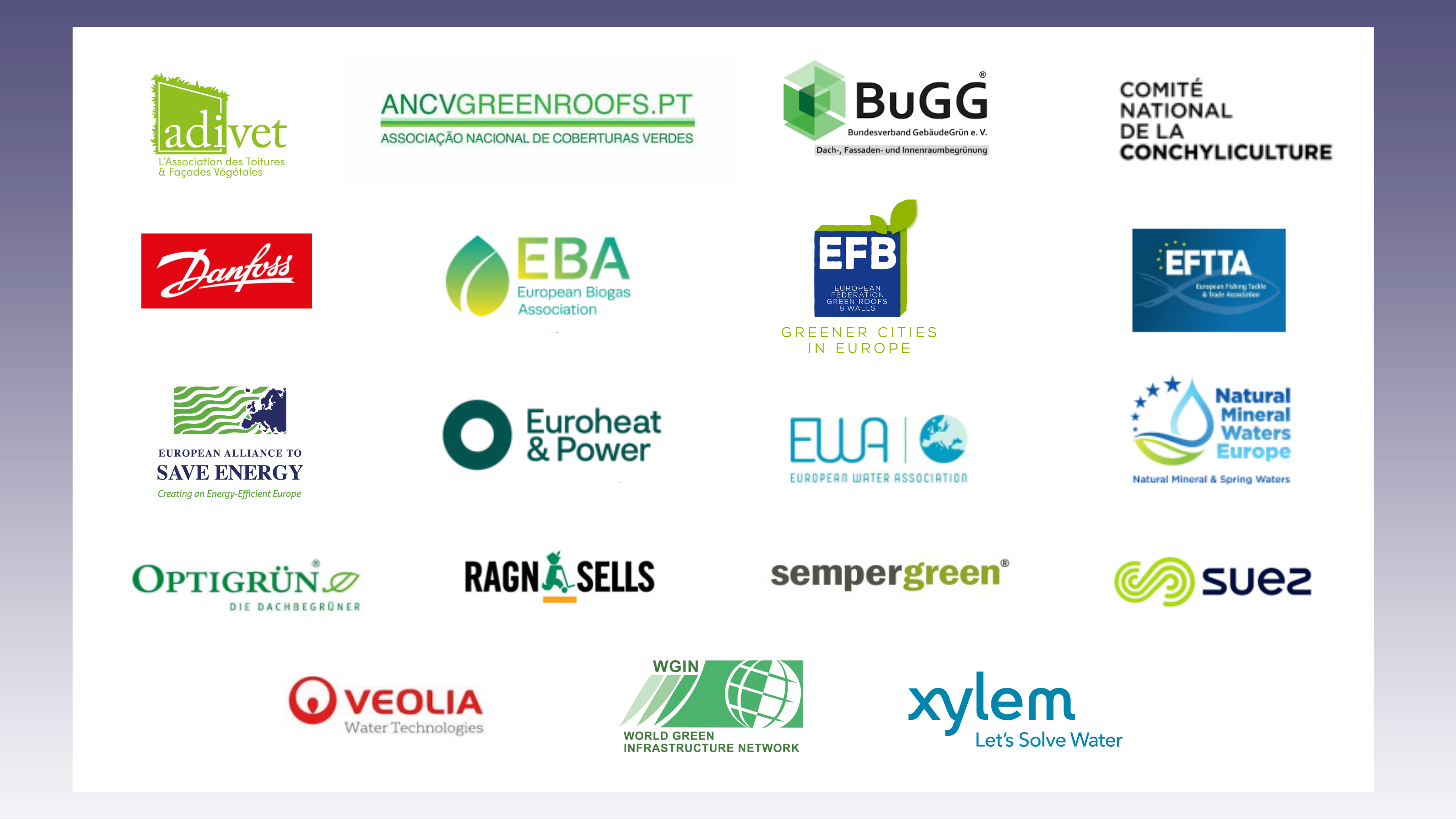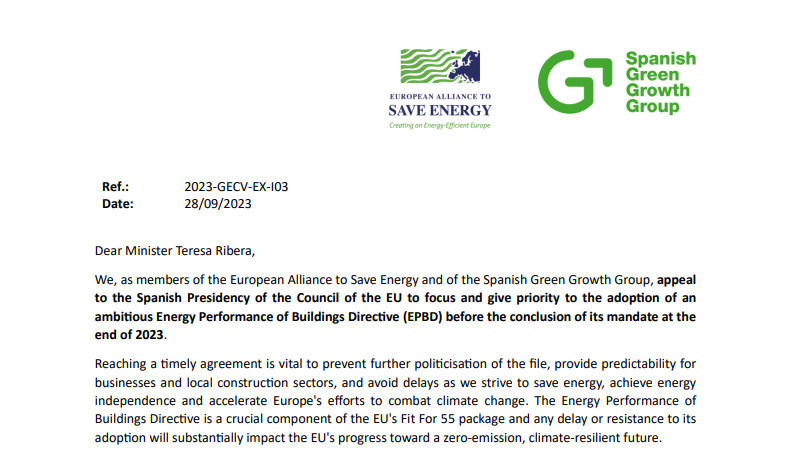EU-ASE co-signs Letter Calling on the EU to Set a Greenhouse Gas Emissions Reduction Target of at least 90% by 2040

CEOs, business leaders and investors from over 100 organisations have signed a joint letter calling on the EU to set a greenhouse emissions reduction target of at least 90% by 2040. Signatories stress that a robust target will bring economic opportunities and competitiveness benefits while increasing energy security for citizens and businesses. We argue that the target, and climate more broadly, should be considered as a central element of the EU’s overall strategy to achieve these objectives.
21 March 2024 – This month, a new report by the European Environment Agency (EEA) highlighted that climate risks have reached critical levels and 2023 is now the hottest year since records began. On 25 March, Environment and Climate Ministers are set to discuss the EU’s 2040 climate target at the Council. As a result, over 90 businesses and investors from across the EU, representing more than a million employees and managing trillions of euros in assets, have joined forces to call for an ambitious target. At least 90% of greenhouse gas emissions must be cut by this date, to reflect the urgency of the climate crisis.
Signatories emphasise that a robust target, backed by a smart coherent package of supporting policies will decarbonise our economies. It will also ensure that we drive innovation and economic opportunities. This target will enable the creation of high quality jobs and cost savings that citizens rightly expect, while improving the health and well-being of its people.
The letter establishes principles for the economic transformation that will be necessary to achieve the target – and for a climate neutral EU in the longer term. These principles include developing a comprehensive industrial strategy, guided by a ‘competitive sustainability’ approach, accelerating the clean energy transition and efficiency, phasing out fossil fuels, nature-positive investment and harnessing the decarbonisation potential of the circular economy.




